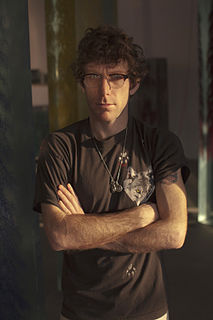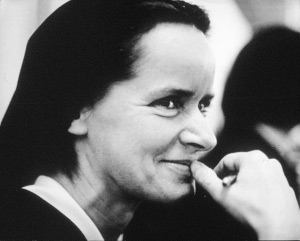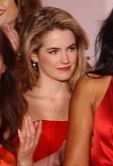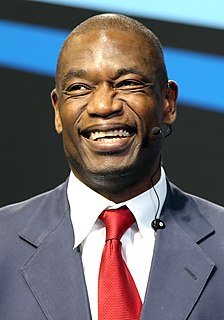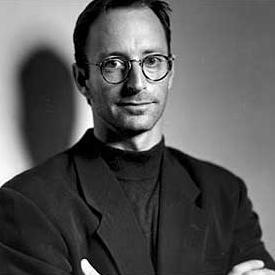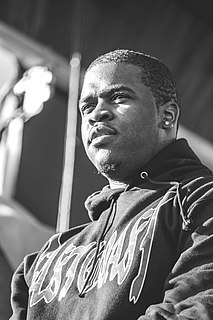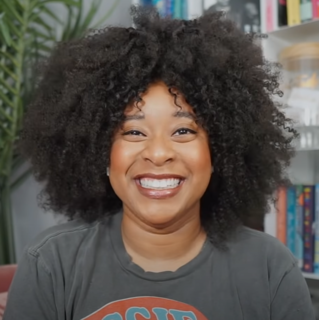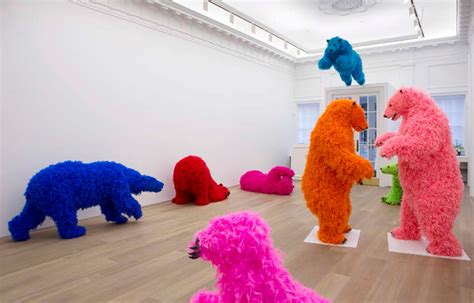A Quote by Wolfgang Tillmans
When I was growing up, all the art that touched me was lens-generated, like Gerhard Richter, or Polke, Rauschenberg, Warhol.
Related Quotes
I'd been asked by Takashi Murakami to collaborate on something, which was an honor for me. I was really pleased. And then he had me as a guest speaker on his radio show, and we were talking about art. I don't think he knew I was interested in the topic - he was really surprised to find out that I own some original Andy Warhol and Gerhard Richter and Jean-Michel Basquiat works. So, in some ways, I think he simply wanted to see what I have.
I met Gerhard Richter and Alighiero Boetti when I was a teenager, and I was really inspired by them. When Boetti died, I realized I only vaguely remembered so many things he told me. It was such a pity. Had I only recorded his voice, he would still be with me, and I could listen to it from time to time.
When you grow up, some areas of the world are out of your knowledge - especially when I grew up, in the '70s and '80s. Now, you have access to everything, but back then you did not because of the way the media was, and society imposed more directions, structures, and restrictions. It's not like art was prohibited, but art was not something that the people around me presented. So I developed it very much on my own growing up.





